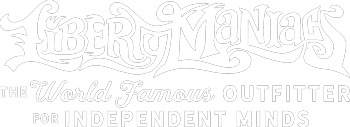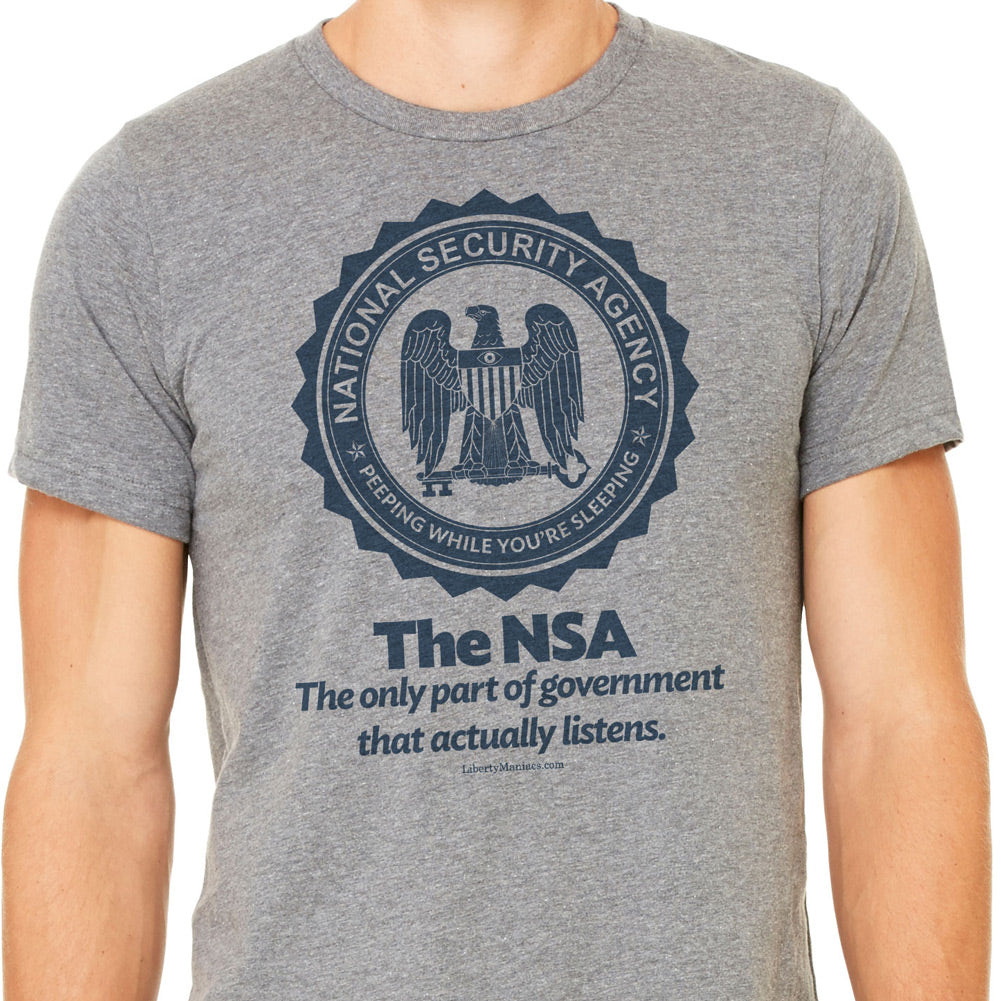Browse Categories
Add description, images, menus and links to your mega menu
A column with no settings can be used as a spacer
Link to your collections, sales and even external links
Add up to five columns
Add description, images, menus and links to your mega menu
A column with no settings can be used as a spacer
Link to your collections, sales and even external links
Add up to five columns
The Untethered Executive
January 21, 2017 3 min read

We have entered a stage of American politics that we have never seen. Whether one loves him, hates him, is terrified or overjoyed to see him in power, one thing we would be wise to acknowledge is that we've never had a president so untethered from the requirements of political patronage as Donald Trump.
Leave a comment
Also in The New Remnant
The Asylum Game Is Rigged—and This Poor Bastard Is Just Another Pawn
April 15, 2025 2 min read
The U.S. asylum system isn’t broken by accident—it’s a rigged game of exploitation, lies, and political theater. This case proves it’s not about compassion. It’s about control. And the poor bastard at the center? Just another pawn.
Recent Articles
- The Asylum Game Is Rigged—and This Poor Bastard Is Just Another Pawn
- Open-Source Anarchy: How DeepSeek Upended the AI Power Game
- The Dark Psychology Behind Anti-Capitalist Hate
- Your Chinese Shit from Amazon Isn’t from Free Trade
- Mayor Pete Buttigieg's Dad Devoted His Life to the Italian Theorist Who Plotted the Communist Conquest of the West
- The Untethered Executive
Sections You Might Like
Subscribe
Sign up to get the latest on sales, new releases and more …









